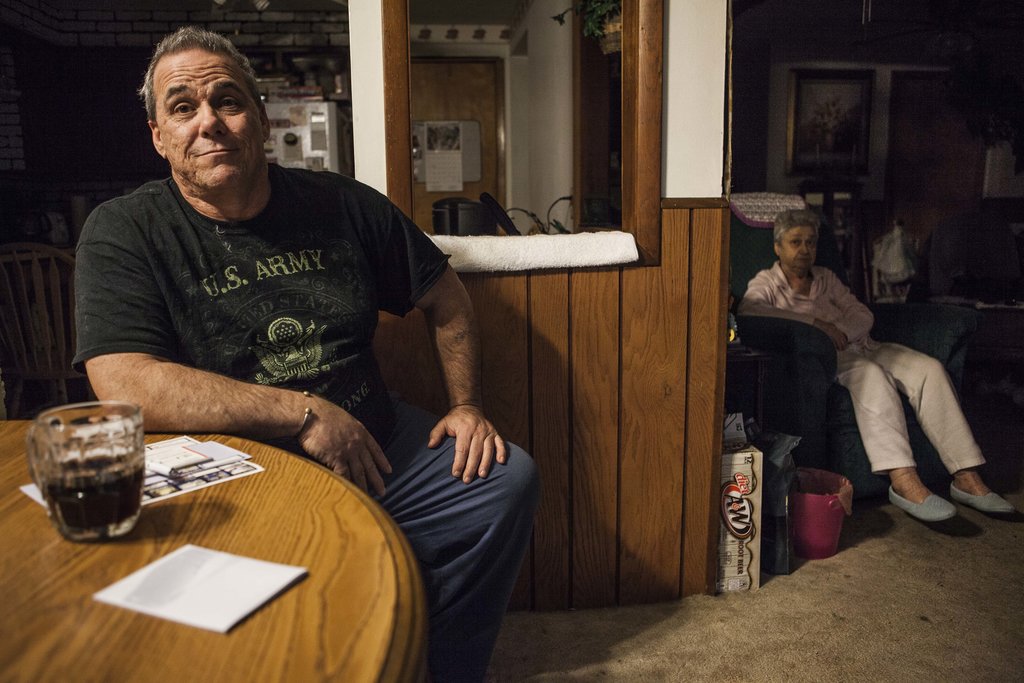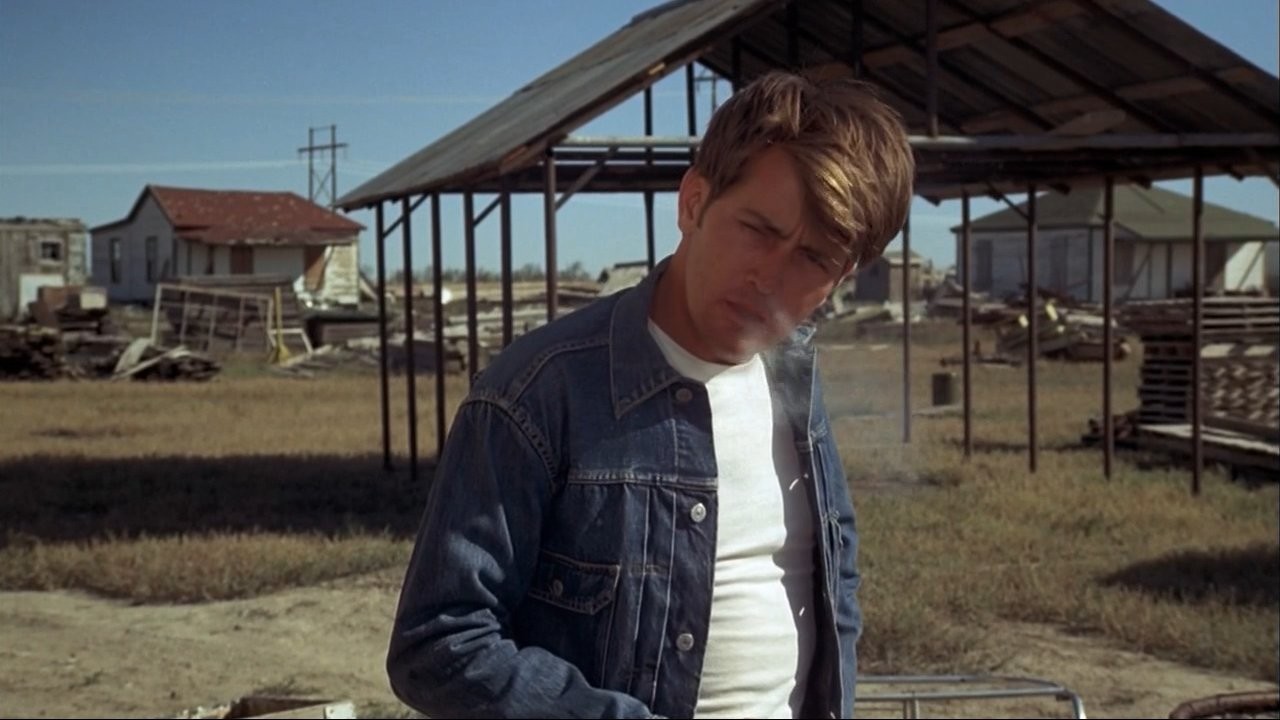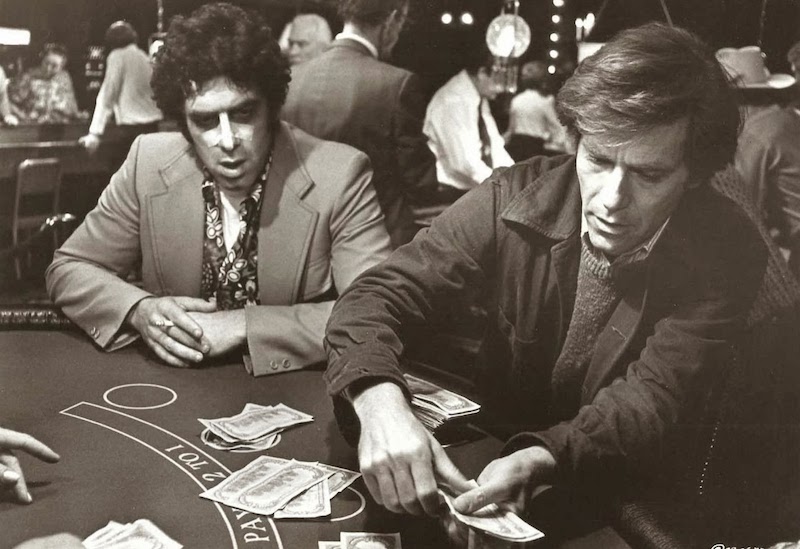1.
“‘California Split,’ 40 Years Later: An Interview with Elliott Gould, George Segal and Joseph Walsh in Three Parts“: Conducted by Kim Morgan at the Los Angeles Review of Books.
“Gould shows up first. He’s every inch the movie star, absolutely fascinating, disarming, but down to earth, sensitive and warm — and yet, you can’t read him easily. He’s mysterious, but intently philosophical and, of course, still very funny. Amused and bemused — that Gould way of virile masculinity mixed with offbeat, unexpected humor and intelligence that’s gone unmatched. No one is like Elliott Gould. Screenwriter Walsh follows, apologizing for being late (he’s only a few minutes late); he’s gracious, sharp, and comical — and ever the charming gambler. A guy full of stories. Wonderful stories. He always knows the score but is exceedingly generous. You get the feeling a lot of gamblers are. Segal is next, a bit more reserved, but once he opens up, a man who will burst out with a laugh and a quick, brainy quip or observation. You see his Blume from ‘Blume in Love’ […] You can see why he’s a star. The conversation starts immediately. This may be the 40th anniversary of ‘California Split,’ but these guys have known each other for 50-plus years. And because of that, the conversation goes everywhere. This is living Hollywood history and the conversation is flowing almost like an Altman film.”
2.

“‘Mommy’ and Me: Why Xavier Dolan’s Film Is This Writer’s ‘Boyhood’“: Indiewire‘s Kyle Turner pens an extraordinary piece on Dolan’s first and fifth films, “I Killed My Mother” and “Mommy.”
“It was uncomfortable watching the film. It was unnerving seeing so much of life, even in an extreme portrayal, up on screen. It was weird to see the relationship with my mother from my mother’s side. But it was necessary. If ‘I Killed My Mother’ was from the perspective of the bratty child (only a tangential understanding of the film, mind you), then ‘Mommy’ is like the mirror image. And that’s awkward for me. It’s like looking through my mother’s eyes at what I’ve done, at how I’ve taken my mother for granted, how we’ve abused each other and done terrible things one another. Granted, Steve is a far more extreme character, but it’s easy to project myself onto him and see the similarities in the relationships we have with our mothers. It’s almost an unconscious effort to look at his actions, understand the previously strong bond between them, how it has since eroded and see myself and my mother in that. In that way, the most ‘troublesome’ aspect of ‘Mommy’ was that it was so confrontational for me.”
3.

“The Vanishing Male Worker: How America Fell Behind“: Binyamin Appelbaum of The New York Times explores the lives of people unhappy to be out of the work force.
“Many men, in particular, have decided that low-wage work will not improve their lives, in part because deep changes in American society have made it easier for them to live without working. These changes include the availability of federal disability benefits; the decline of marriage, which means fewer men provide for children; and the rise of the Internet, which has reduced the isolation of unemployment. At the same time, it has become harder for men to find higher-paying jobs. Foreign competition and technological advances have eliminated many of the jobs in which high school graduates like Mr. Walsh once could earn $40 an hour, or more. The poll found that 85 percent of prime-age men without jobs do not have bachelor’s degrees. And 34 percent said they had criminal records, making it hard to find any work. The resulting absence of millions of potential workers has serious consequences not just for the men and their families but for the nation as a whole. A smaller work force is likely to lead to a slower-growing economy, and will leave a smaller share of the population to cover the cost of government, even as a larger share seeks help.”
4.

“The Hobbit: How the ‘clomping foot of nerdism’ destroyed Tolkien’s dream—and the fantasy genre“: Laurence Dodds of The Telegraph argues that it’s a tragedy how “Lord of the Rings” served as the blueprint for modern fantasy.
“What nerds are chasing when they get passionate about canon is a fantasy of purity – the idea that a fictional world could be solely dictated by its own internal consistency and not by real-world demands. But they are forgetting how the original, Biblical canon was formed. Like some humming simulation, fantasy canons can be quickly snuffed out if their owners in the real world decree. ‘Star War’s is changing because the people who own it want JJ Abrams to make a new movie and make them more money. They believe he can’t do that if he’s bound and encumbered on every side by the intricate designs of its previous stewards. That, in the end, is that. Sometimes, a fantasy brand is small enough, or depends enough on its nerd audience, that its creators are forced to listen to their demands – we might call it nerd capture. But this can actually stop the fantasy from ever being marketed to a wider audience. And even in canons completely controlled by passionate nerds, where there is no corporate interest involved – online roleplaying communities, for instance, with collaboratively written worlds – the rule of power holds true. What is canon and what is heresy will always be determined by whichever nerd can sway the others to her vision. On web forums and chatrooms across the world, for the lowest stakes imaginable, they re-enact the history of early Christianity. It is not reason but economic ownership – or, where there is no ownership, social status – which governs all fantasy canons. None can escape the material world.”
5.

“Terrence Malick, ‘Badlands,’ and Caril Fugate: An Interview“: Empty Mirror‘s Paul Maher Jr. interviews Jeff McArthur, grandson of the chief defender for Fugate, the woman who inspired Sissy Spacek’s character in “Badlands.”
“How did she perceive Terry Malick? Was she trusting of him? [McArthur:] ‘Very much. The whole reason she gave her blessing to the movie was because of what a stand-up and kind person he was. She wasn’t familiar with his work, as I understand, but she liked him a lot. In fact, even when afterward she said she wasn’t crazy about the movie, she continued to make it clear to them that she really liked Terry and especially Martin, who she stayed in touch with for years.’ What did Caril see in Martin Sheen’s performance? [McArthur:] ‘She said he was hauntingly like Charlie. Actually, she basically said it was the only thing about the movie that was really like the true incident. I’ve learned since writing the book that she actually slapped Martin on the back as they were leaving the theater and said, “Charlie, you’ve come back to haunt me.’’”
Image of the Day

David Oyelowo stars as Dr. Martin Luther King, Jr. in the highly anticipated “Selma,” directed by Ava DuVernay, who is interviewed by Manohla Dargis in The Observer.
Video of the Day
Press Play VIDEO ESSAY: For Mike Nichols (1931-2014) from Nelson Carvajal on Vimeo.
The great video essayist and film analyst Nelson Carvajal pays homage to the late great film and theatre director, Mike Nichols.












